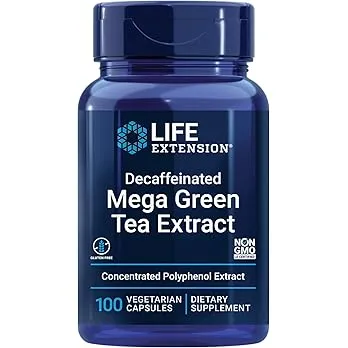Understanding Down Syndrome
Down syndrome (DS), also known as trisomy 21, is the most common chromosomal condition, affecting approximately one in every 700 births globally. This genetic disorder arises from the presence of a third copy of chromosome 21, leading to an overexpression of genes in this region that results in various physical and cognitive challenges. Individuals with DS often experience mild to moderate cognitive disabilities but may also exhibit a wide range of strengths and talents.
Despite having a reduced life expectancy—averaging around 60 years—advancements in healthcare have significantly improved survival rates over the years; for instance, life expectancy was only 25 years in 1985. One gene of particular interest in Down syndrome research is DYRK1A (dual specificity tyrosine-phosphorylation-regulated kinase 1A), which has been implicated in altering brain and bone development. The modulation of this gene presents a potential therapeutic target for improving cognitive function and physical development in individuals with DS.
Green Tea Extract: An Overview
Green tea extract is derived from the leaves of the Camellia sinensis plant and is rich in polyphenols, particularly epigallocatechin-3-gallate (EGCG). These bioactive compounds are well-known for their antioxidant properties, which help combat oxidative stress and inflammation in the body. Research suggests that green tea extract may exert several beneficial effects beyond its antioxidant capacity; it has been investigated for its potential role in weight management, metabolic enhancement, and cognitive health.
The Neuroprotective Effects of EGCG
Research indicates that EGCG may positively influence cognitive performance by modulating the DYRK1A gene. This gene plays a critical role in the neurological deficits associated with Down syndrome. Preliminary studies suggest that supplementation with EGCG can lead to improvements in cognitive abilities among young children diagnosed with DS. For example, an observational study noted a significant 25% reduction in facial abnormalities among children receiving EGCG compared to those who did not. This highlights the compound’s potential to promote more typical facial development.
Cognitive Enhancements
In clinical contexts, EGCG has shown promise in improving cognitive performance and health-related quality of life for individuals with DS. Animal studies have indicated that low doses of EGCG can enhance cognitive outcomes and normalize certain phenotypic expressions linked to Down syndrome. However, higher doses pose risks of adverse effects and developmental disruptions.
Facial Development and Dysmorphology
Facial dysmorphology is a common characteristic of Down syndrome. The same observational study that highlighted cognitive improvements also suggested that EGCG supplementation could reduce facial dysmorphology, making facial structures more similar to those of children without the condition. This finding is particularly significant as it addresses both aesthetic concerns and potential self-esteem issues faced by individuals with DS.

Check out this highly concentrated green tea extract here.
Safety and Considerations for Supplementation
While the potential benefits of EGCG are promising, it is essential to approach supplementation with caution. The existing research is still preliminary, emphasizing the need for further clinical trials to evaluate optimal dosing and long-term safety. Caregivers often administer EGCG without medical supervision, which can lead to unforeseen health risks and interactions with other medications.
Interactions with Medications
Green tea extract can interact with certain medications; for instance, patients taking blood thinners like warfarin may need to limit their green tea intake due to vitamin K content reducing the effectiveness of these anticoagulants. Furthermore, interactions with statins and other medications for blood pressure and cholesterol management have been documented. Therefore, it is crucial for caregivers to consult healthcare providers before introducing any supplements into an individual’s health regimen.
Future Directions in Research
The scientific community continues to explore the therapeutic potential of green tea extract for individuals with Down syndrome. Ongoing research aims to clarify the mechanisms through which EGCG exerts its effects and establish guidelines for its use as a supportive treatment option. There is a clear need for more extensive studies to explore the long-term effects and optimal dosages of EGCG supplementation as well as its interactions with other medications.
The Importance of Clinical Trials
Clinical trials are essential for understanding the full spectrum of benefits and risks associated with EGCG supplementation for individuals with DS. These studies will help establish evidence-based guidelines that can inform healthcare providers and families about safe practices regarding green tea extract usage.
Conclusion: A Promising Future
The exploration of green tea extract, particularly EGCG, offers an exciting avenue for enhancing the lives of individuals with Down syndrome. As research progresses, it may provide new insights into adjunct therapies that can improve cognitive function and physical development while addressing safety concerns through informed discussions between healthcare providers and families.
